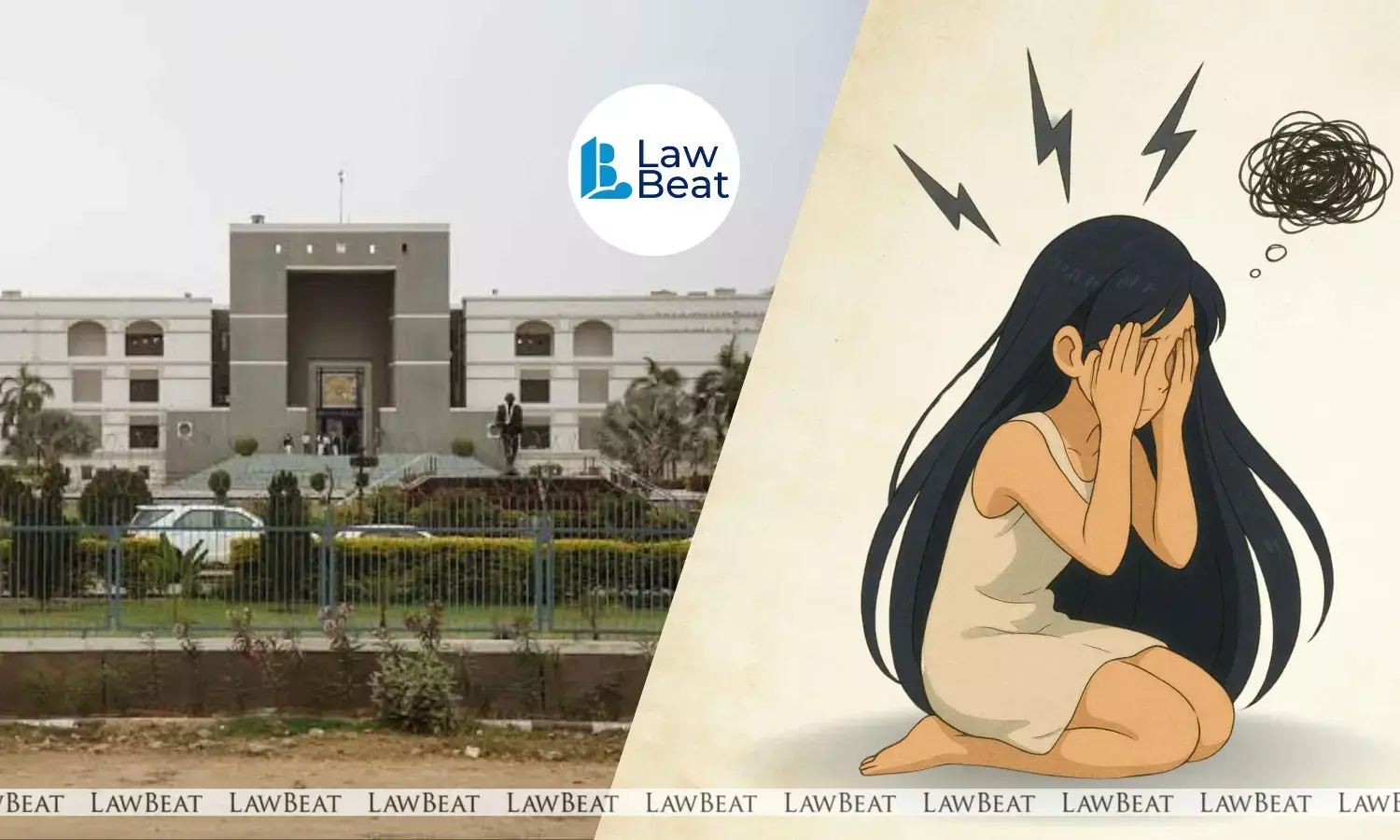Gujarat High Court Allows 13-Year-Old Rape Survivor to Terminate 33-Week Pregnancy

In a significant decision, the Gujarat High Court has permitted a 13-year-old rape survivor to medically terminate her pregnancy, which had crossed 33 weeks, citing the mental trauma and physical risks associated with forcing the minor to carry the pregnancy to term.
The survivor, anonymised as “ABC” in court records to protect her identity, had approached the court through her guardian after the court below declined her plea for termination. The minor had become pregnant as a result of sexual assault, and an FIR was lodged under various provisions of the IPC and the Protection of Children from Sexual Offences (POCSO) Act.
The bench of Justice Nirzar S Desai, hearing the case on May 12, directed the medical termination of pregnancy (MTP) to be carried out “at the earliest,” underlining the importance of the minor’s mental and physical wellbeing. The direction came after a court-appointed medical board comprising specialists from Pandit Dindayal Upadhyay General Hospital, Rajkot, opined that the procedure was medically feasible, albeit with high risk.
At the time of filing the petition, the minor was over 31 weeks pregnant. Following court directions issued on May 8, the survivor was examined on May 9 by a team of doctors, including a gynecologist, pediatrician, physician, psychiatrist and radiologist. Their report, submitted on May 10, confirmed that the pregnancy had advanced to 32 weeks and 6 days.
The gynecologist noted moderate anemia in the survivor, with a hemoglobin level of 9 gm%, and listed serious health risks associated with continuing the pregnancy, including potential maternal mortality, pre-eclampsia, and sepsis. The pediatrician highlighted the likelihood of complications in the newborn if the child was delivered prematurely, including the risk of NICU admission and neonatal sepsis.
The psychiatrist observed that the minor had mild intellectual disability and opined that continuing with the pregnancy would adversely affect her mental health. The physician also confirmed that termination would be possible once her anemia was corrected, although with considerable cardio-respiratory risk.
Justice Desai observed that forcing the girl to give birth at such a young age would have an adverse effect on her mind and body. Emphasizing the “meeting the ends of justice” standard, the court held that the statutory upper limit of 24 weeks under the Medical Termination of Pregnancy Act could be relaxed in such extraordinary circumstances.
Before passing the order, the court instructed the hospital authorities to explain all risks involved in the procedure to the girl’s guardians in their vernacular language. Consent was to be taken in writing, ensuring that they understood the gravity of the decision.
The court also directed that all necessary arrangements — including expert medical staff, anesthetists, and blood supply — be kept ready during the procedure. A DNA sample of the fetus was also ordered to be preserved for evidentiary purposes in the ongoing criminal trial.The high court emphasized that forcing the child to give birth would cause irreversible trauma.
Case Title: ABC vs State of Gujarat & Ors
Download order here
